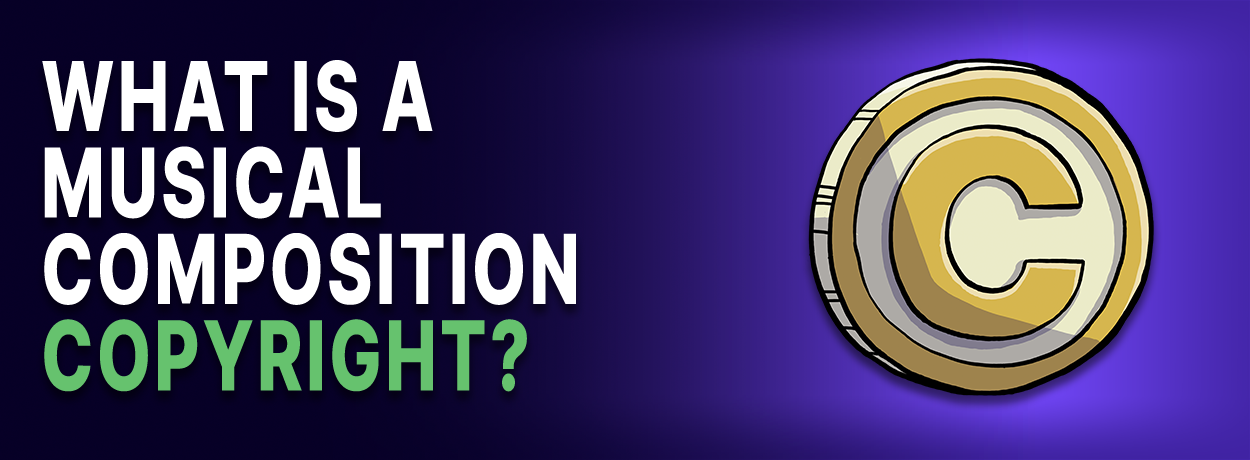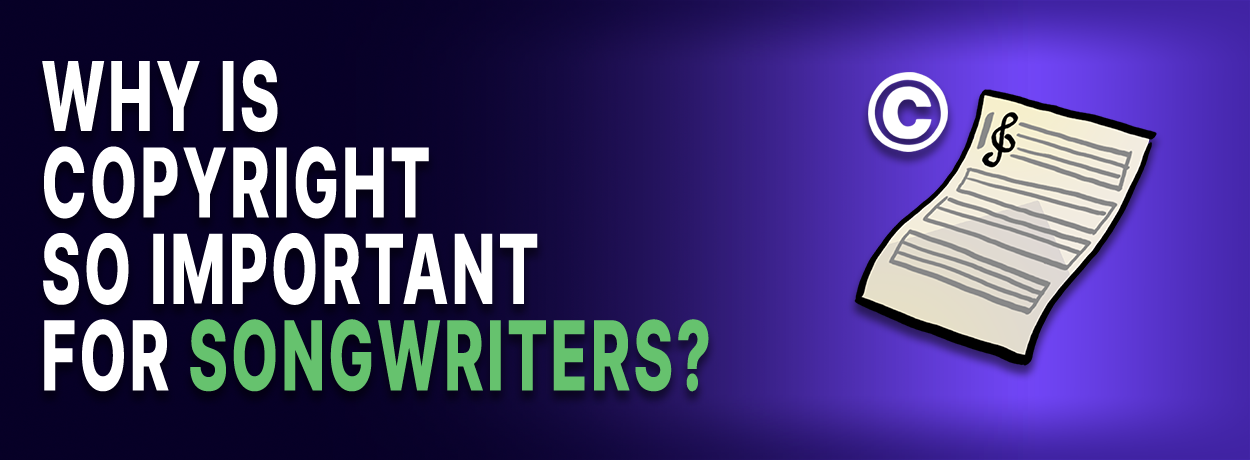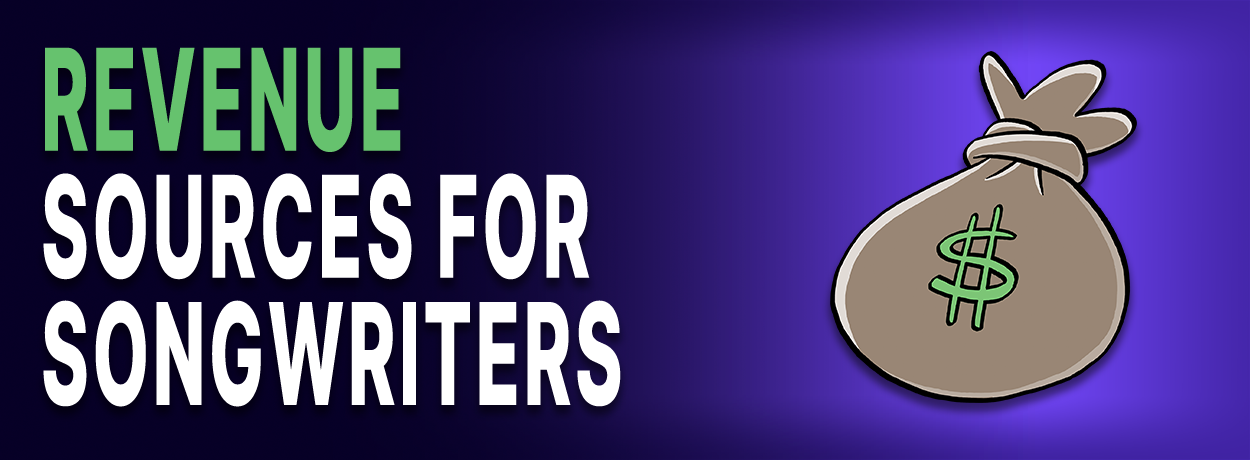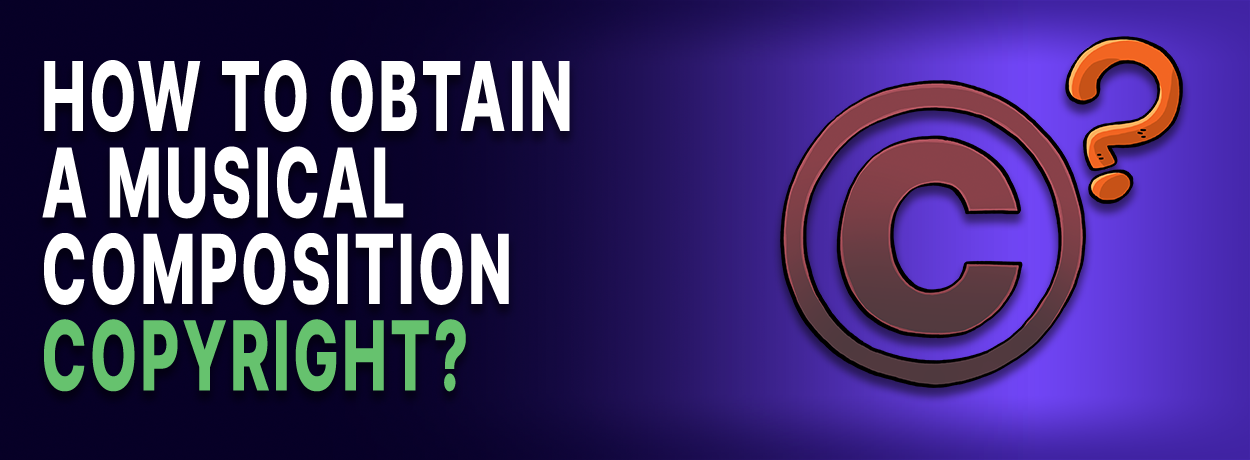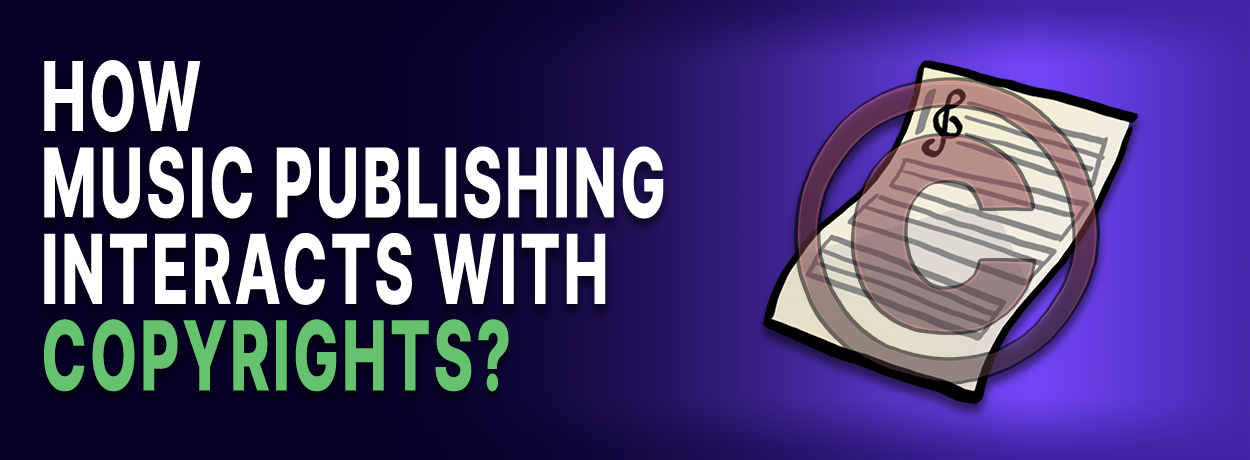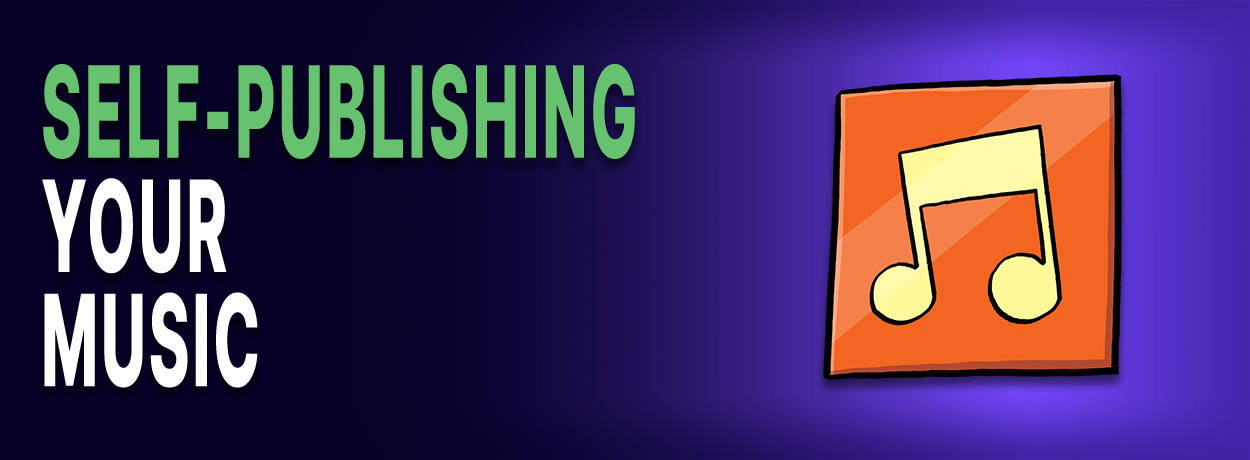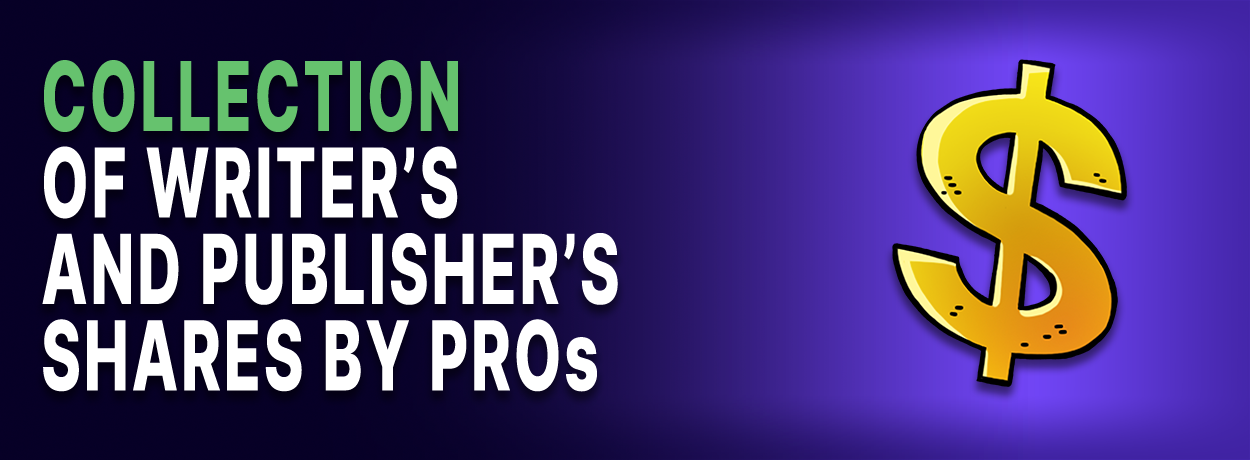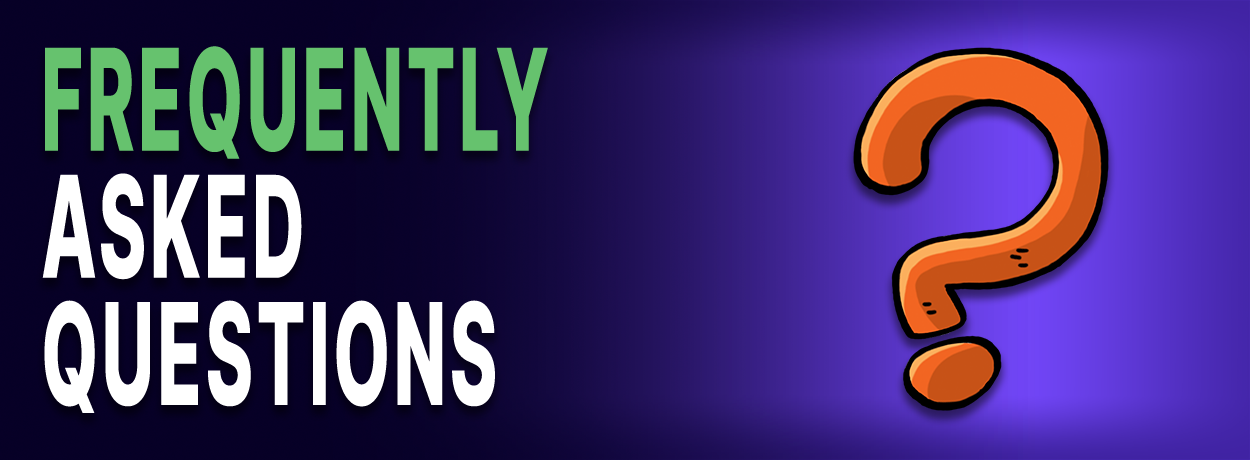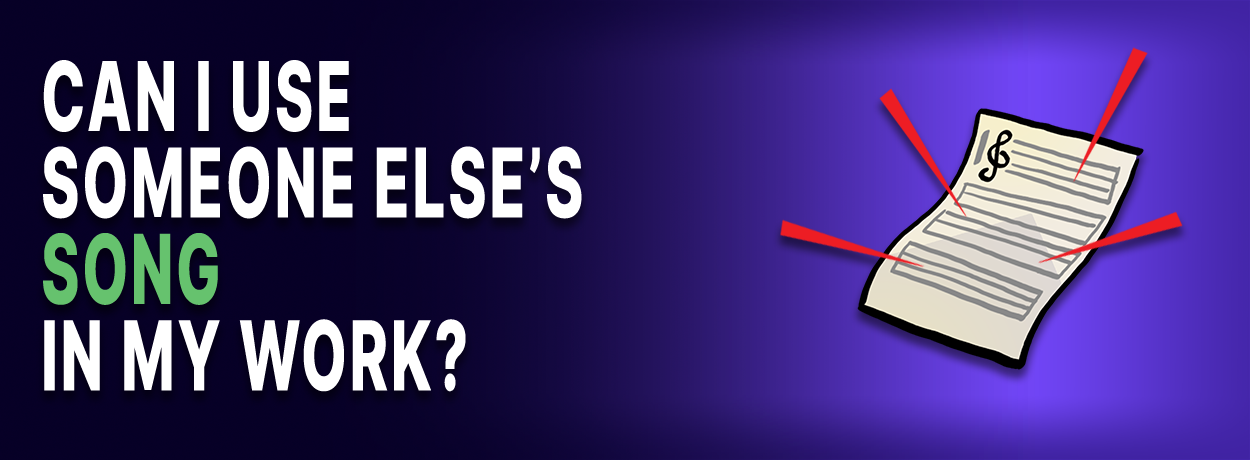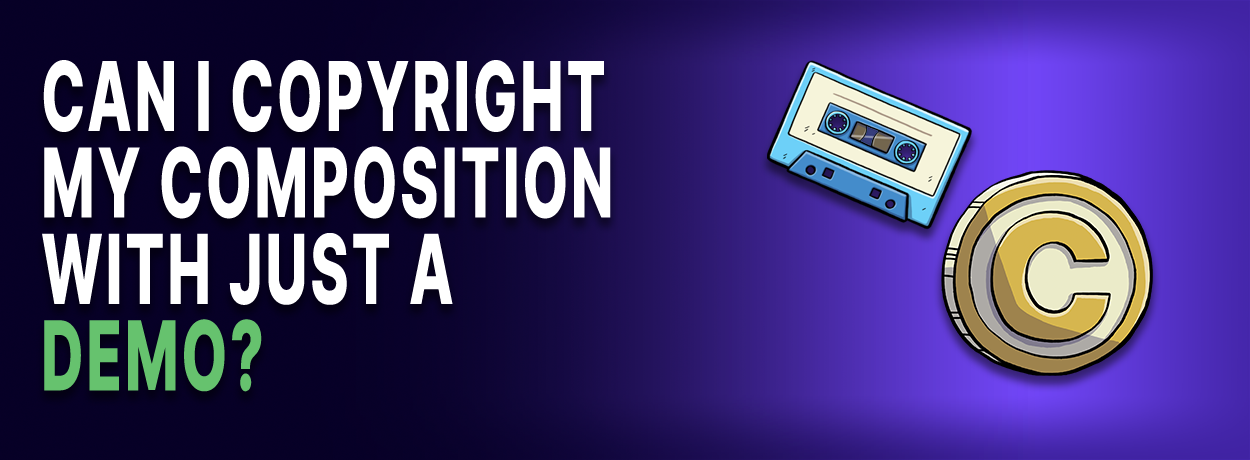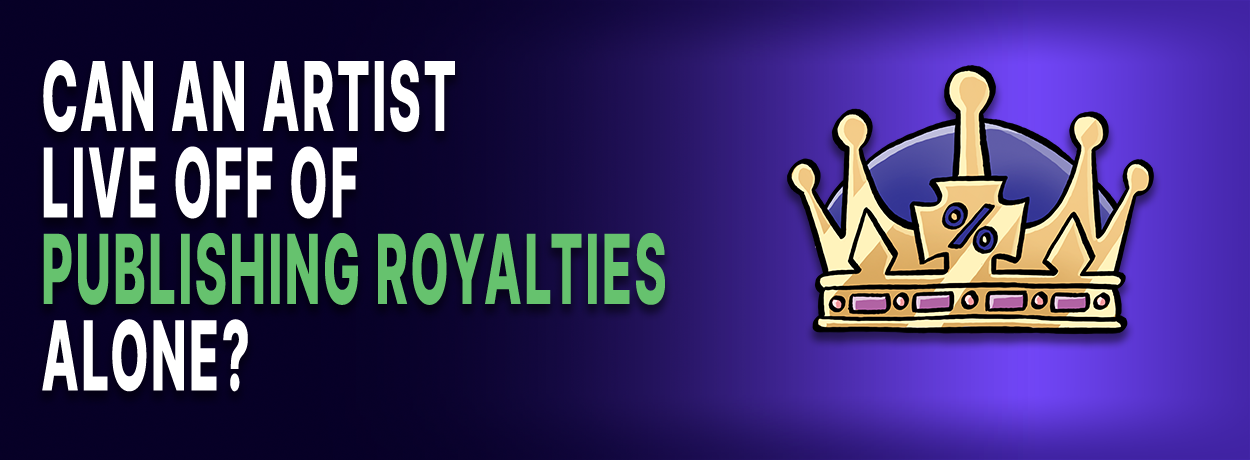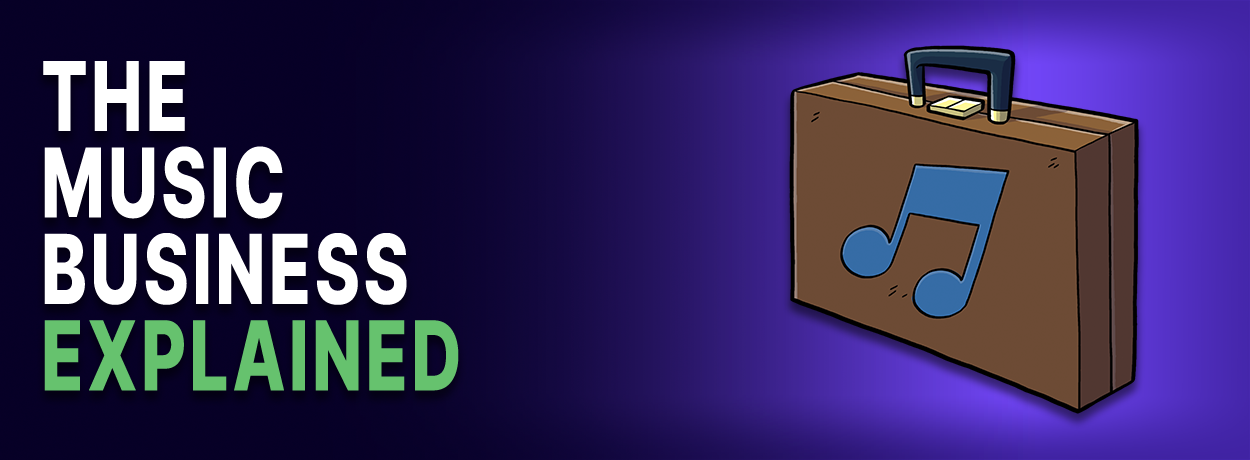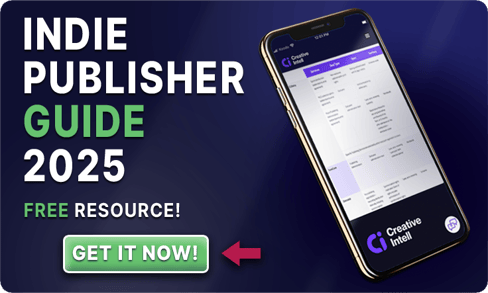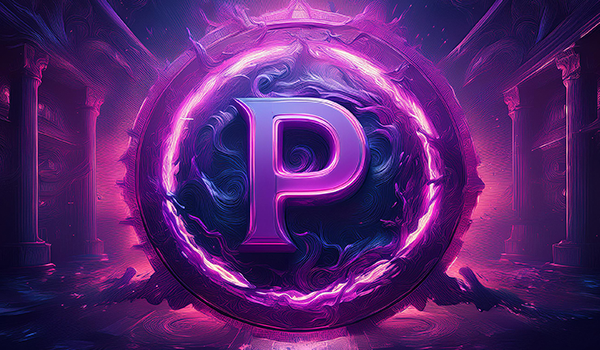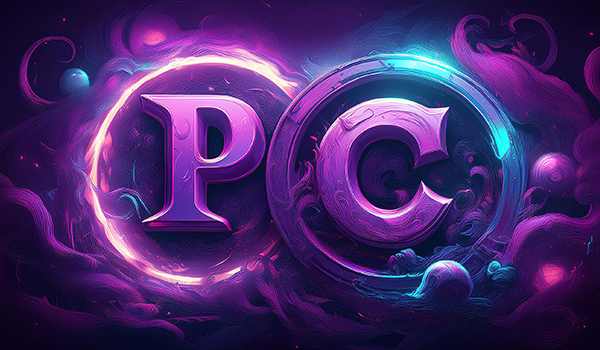Protect Your Songs and Get Paid
Musical composition copyrights are vital for songwriters, both for protection and earning revenue for their work.
Knowing how to copyright a song and music publishing is key to getting paid and having control over your music.
What is a Musical Composition Copyright?
A musical composition copyright protects the original parts of a song, melody, lyrics, harmony and rhythm. A musical work is the composition including the music and lyrics, separate from the sound recording.
This type of copyright is important for songwriters because they have exclusive rights to their work.
These rights include the right to reproduce, distribute, perform and create derivative works from the original composition.
Why is Copyright So Important for Songwriters?
Copyright is vital for songwriters for several reasons:
-
Protection: It safeguards their creative work from unauthorized use. While a song is copyrighted the minute it is fixed in a tangible medium, registering that copyright provides stronger legal protection, so songwriters can sue for infringements and collect damages.
-
Revenue: It allows songwriters to earn money through various channels.
-
Control: It gives them control over how their work is used and distributed.
Revenue Sources for Songwriters
Songwriters can get paid from their copyrighted compositions through:
-
Mechanical Royalties: When a song is reproduced, on CDs or digital downloads.
-
Performance Royalties: When a song is performed live or broadcast.
-
Synchronization Licenses: Fees when a song is used in movies, TV shows or commercials.
-
Print Music Royalties: From the sale of sheet music.
-
Public Display: Lyrics on t-shirts, lyric websites and in other publications.
Having rights to both the composition and sound recording copyrights allows songwriters to license and get paid for their music. While they often work together, like in a sync deal, these are two separate copyrights that aren’t always owned by the same entity.
How to Get a Musical Composition Copyright
Register with the US Copyright Office
While copyright protection exists from the moment the work is created, registering it with the U.S. Copyright Office gives you stronger legal rights, to sue for infringement.
Steps:
-
Prepare Your Materials: Before you begin the registration process, gather all necessary materials, including a copy of your musical composition (either in sheet music form or as a recording) and information about the work, such as the title and the date of creation.
-
Access the eCO System: Go to the Electronic Copyright Office (eCO) Registration System on the U.S. Copyright Office website.
-
Create an Account: If you don’t have an account, you’ll need to create one. This account will allow you to submit your application and track its progress.
-
Choose the Correct Application: Select the right application for your work. For a single musical composition, you’ll use the “Standard Application”. If you have multiple unpublished works, you may use the “Group of Unpublished Works” application.
-
Fill out the Application: Fill in the application form with all the information about your work. This includes the type of work (select “Work of the Performing Arts”), the title of the composition and the publication status (published or unpublished).
-
Pay the Filing Fee: Submit the nonrefundable filing fee. The fee amount varies, so check the U.S. Copyright Office website for current fees.
-
Upload Deposit Copies: Upload the required “deposit copies” of your work. This means uploading a digital file of your composition or mailing a physical copy, depending on the format.
-
Review and Submit: Review all the information you entered to make sure it’s correct. Mistakes can delay the registration process. Once everything is correct, submit your application.
-
Track Your Application: After submission, you can track the status of your application through your eCO account. The U.S. Copyright Office will process your application and if everything is in order, issue a certificate of registration.
Follow these steps and you’ll have your musical composition copyright registered and protected.
How Music Publishing Works with Copyrights
Music publishing is part of managing and monetizing your musical composition copyrights. A music publisher represents the songwriter and works to maximize the income of their catalog of musical compositions.
Copyright owners have the exclusive rights to reproduce, distribute, perform and display their works, and copyright registration gives you stronger legal rights. Here’s how:
-
Licensing: Publishers license your compositions for use in recordings, performances and synchronization in media.
-
Revenue Sharing: In return for their services, publishers take a share of the revenue from your compositions. This can be full publishing deals, co-publishing deals or administration deals.
-
Promotion: Publishers promote your work to maximize its use and revenue.
Self-Publishing Your Music
When you self-publish your music you get to keep all the rights, IP, publisher’s credit and songwriter’s credit. That means you get all the royalties and full control of your music.
Registering copyright music is important as it legally proves ownership of your musical compositions and sound recordings and gives you the exclusive rights to reproduce, distribute and perform your work.
But self-publishing also means you have to do all the administration yourself, including licensing, royalty collection and promotion.
Collection of Writer's and Publisher's Shares by PROs
Performance Rights Organizations (PROs) like ASCAP, BMI, and SESAC collect both the writer’s share and the publisher’s share of a song’s royalties.
If you are self-published you will receive both shares, but in most cases you will need to make sure your publishing entity is registered with your PRO to collect the publisher’s share.
Registering multiple songs in one application can be very useful, especially in terms of cost and convenience.
This is especially useful for musicians who want to protect several of their works at once.
Frequently Asked Questions (FAQs) about Musical Composition Copyrights
What's the difference between a musical composition copyright and a sound recording copyright?
A musical composition copyright covers the underlying elements of the song, melody and lyrics. A sound recording copyright covers the specific recording of that composition.
These are separate rights and can be owned and licensed individually.
How do I find the copyright holder of a song?
You can use Songview to search the databases of ASCAP and BMI, or go to SESAC to check their database.
Can I use someone else's song in my work?
Generally you need permission from the copyright holder to use someone else’s song. This can be through licensing agreements or statutory exceptions like fair use.
Copyright infringement occurs when copyrighted material is used without permission and proving infringement in court is necessary to enforce legal rights and get remedies.
What should I do if my work is used without permission?
If your copyrighted work is used without permission, you have the right to pursue legal action.
Registering your work with the US Copyright Office is a prerequisite for filing an infringement lawsuit in the U.S.
Registering your music copyright is critical to ensuring your exclusive rights and having the ability to sue for infringement.
How do I get royalties from my music copyrights?
You can get royalties through various channels: mechanical royalties, performance royalties, synchronization licenses and print music royalties.
You must register sound recordings with SoundExchange to get digital performance royalties from non-interactive streaming and satellite radio stations.
Do I need to re-register my song if I release a new version?
No, the original copyright registration will continue to cover the underlying musical composition even if you release a new version of the song.
But note that song titles themselves cannot be copyrighted, like band names and short phrases.
Can I copyright my composition with just a demo?
Yes, a demo recording is enough to register a musical composition copyright. You don’t need to provide sheet music if you have a recorded version.
In the past, many believed a method called ‘poor man’s copyright’ could be used to prove authorship by mailing a copy of the work to oneself.
But this method does NOT provide copyright protection.
What is a music publisher's role?
A music publisher helps manage and monetize your musical compositions by licensing their use, collecting royalties, and promoting your work. They can also assist in registering your songs with collection societies.
How do I collect mechanical royalties?
Registering with the Mechanical Licensing Collective (MLC) under the MMA will increase your royalty payouts from digital music services. Understanding the Music Modernization Act (MMA) is important for musicians as it changed the payment structure for musical work rights holders.
What are the types of publishing deals?
There are several types of publishing deals, full publishing deals, co-publishing deals and administration deals. Each type has different terms and revenue share. Owning and registering copyright music is legally important as it gives the owner the exclusive right to reproduce, distribute and perform the musical compositions and sound recordings. For the full lowdown on music publishing sign up for Creative Intell’s Music Publishing 101 course.
Can an artist live off of publishing royalties alone?
Of course, and many do, but it depends on the success of the compositions and the ability to get income through various royalty streams like mechanical, performance and synchronization royalties.
Copyright owners have the exclusive right to reproduce, distribute, and perform their work but copyright registration is important for extra legal protection.
Are you the publisher of every song you write?
Yes, as the songwriter you are the publisher of your songs unless you sign with a music publisher. When self-publishing you typically need to register your publishing entity with a PRO to get the publisher’s share of the royalties.
Having rights to both the composition and sound recording allows songwriters to negotiate permissions and fees for the use of their music.
How do I set up my own publishing company?
Setting up your own publishing company involves registering a business entity and then registering that entity with a PRO. This will allow you to collect both the writer’s and publisher’s share of the royalties.
Final Thoughts on Musical Composition Copyrights
Understanding musical composition copyrights is essential for any songwriter. Not only do they protect your creative work, but they also open up multiple revenue streams. By registering your compositions and understanding your rights, you can ensure that your music is both protected and profitable.
This is a good introduction to how musical composition and other music copyrights work, but of course there's considerably more to it than what we can cover in just one article. For example, a complete list of the exclusive rights that come with copyright ownership, how each one is a potential source of income, and how best to pursue that money as an artist, producer, indie label or artist manager.
To complete your understanding of copyright and intellectual property law in the music business, join Creative Intell and take advantage of our comprehensive education on the subject.
We have a library of easy-to-follow courses on the music industry and understanding its many contracts, all populated with animated video's from our exclusive The Intells educational series that makes learning this material fun and compelling.
Combined with real-time support from our team of music lawyers and subject matter experts, if you're in the business of music or would like to be, you won't find more accurate, up-to-date, and practical knowledge on the industry anywhere else.
Disclaimer language:
Creative Intell is not affiliated, nor associated in any way, with any third parties referenced herein, nor their respective goods or services. Any and all third-party tradenames, trademarks, and/or service marks referenced are used for informational purposes only, and are the exclusive property of their respective trademark owners.

